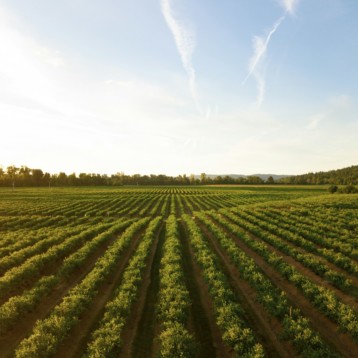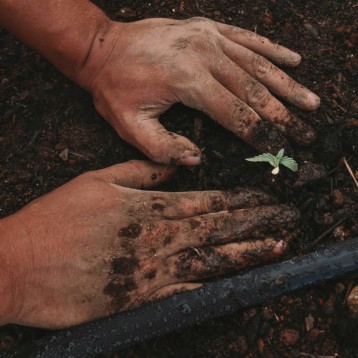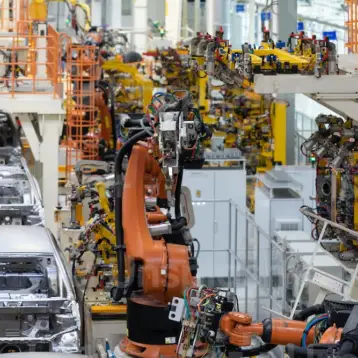|
Until now, the chief objections to organic farming were low yields and lack of organically acceptable nitrogen sources. Perfecto and her team compared yields of organic and non-organic farms to look at nitrogen availability. The scientists found that nitrogen sources can be kept at sufficient levels in farm land areas, by planting so-called “green manures” in the fields in between growing seasons. Green manures are cover crops, which are plowed into the soil to provide natural soil amendments. Planting green manures between crop growing seasons enriches the soil with enough nitrogen to replace synthetic fertilizers.
|
Many people support organic farming because the mechanized tillage, synthetic fertilizers and biocides of conventional agriculture is are detrimental to the environment. For farmers who do not have access to the expensive fertilizers and pesticides necessary for producing high yields, such as those in developing countries, conventional agriculture is much more difficult and costly than organic farming.
With corporate interest out of the way and influence by chemical, pesticide and fertilizer companies at bay, Perfecto hopes the new findings will put the last nail in the coffin of the idea that one cannot produce enough food through organic agriculture. Not only is organic food production efficient and possible, it’s healthier both for us and for the environment.
More information about Perfecto and her team’s findings can be found here.












